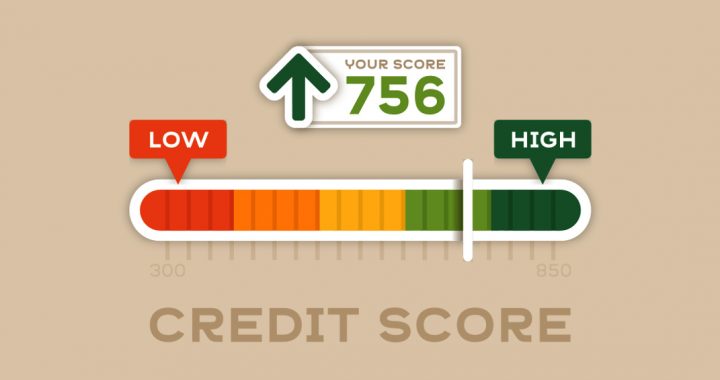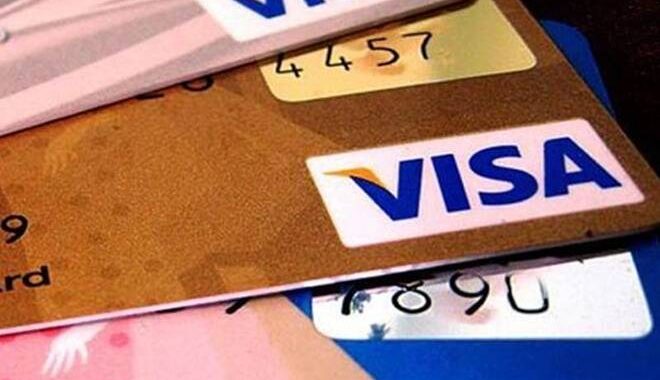RBI directs Lenders to provide 3-month Moratorium amid Covid-19
3 min readRBI directions to Banks will now have discretion in deciding the limits on individual working capital, with Central Bank saying that no payment miss by borrowers should be considered a default and shall not be reported to credit information companies.

The RBI sought to support both borrowers and lenders against the unprecedented economic disruption due to Covid-19 outbreak, allowing companies and individuals a three-month grace period on loan repayments. It also gave banks the breathing timeline on default tagging in the event of borrowers skipping payments.
All borrowed term loans, including agricultural term loans, retail and crop loans and working capital payments, will be covered by the three-month moratorium. All lending Banks and NBFCs will now have discretion in deciding the limits on their own working capital, with RBI saying that no payment miss should be considered a default and reported to credit information companies.
“All commercial banks, Non-Banking Finance Companies, all-India financial institutions are permitted to grant a moratorium of three months on payment of all installments falling due between March 1 and May 31, 2020,” the RBI said Friday.
‘Interest will Accrue’
The measures came on the day the central bank slashed the benchmark repo rate to a record low to help spur demand when the nation of a billion-plus consumers is to end its Covid-19 lock down by mid-April as per the current timetable.
“The repayment schedule for such loans as also the residual tenor will be shifted across the board by three months after the moratorium period,” the central bank said. “Interest shall continue to accrue on the outstanding portion of the term loans during the moratorium period.”
OPTIONAL FOR BORROWERS
The scheme would only be applicable to those who cannot pay their dues on time. Customers who have given standing instructions to deduct equated monthly installments (EMI) toward borrowings will also have to approach their banks to seek the benefit.
While NBFCs are prepared to pass on the deferral benefit to their retail customers or borrowers, they are in a fix about whether their lending banks will extend the same benefit to them.
Click here to Apply for a Personal Loan
Source: RBI/Economic Times






